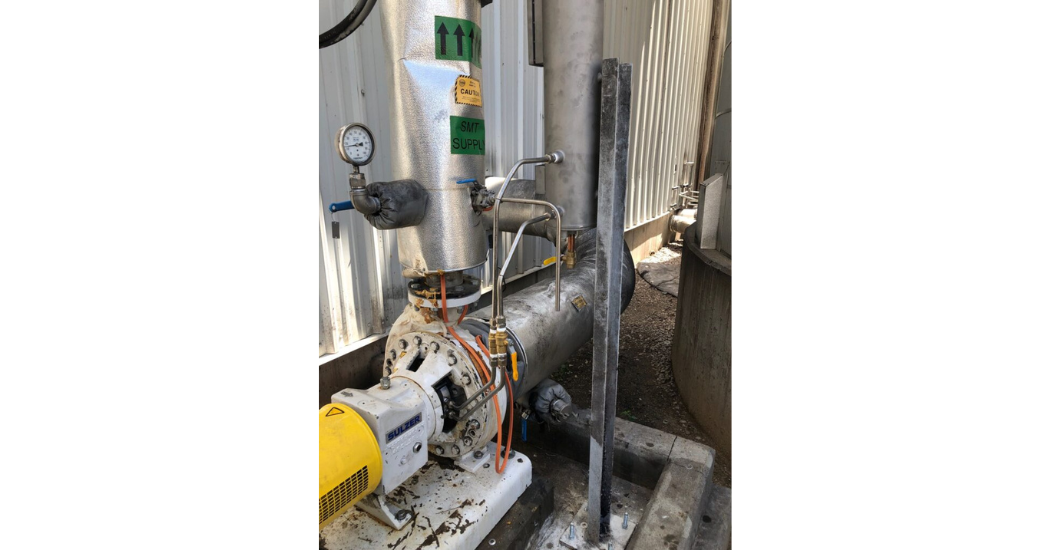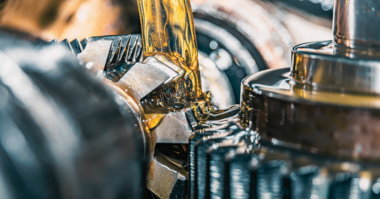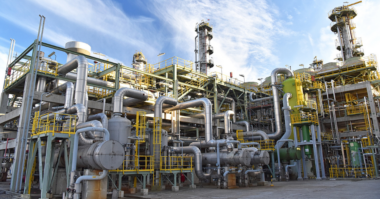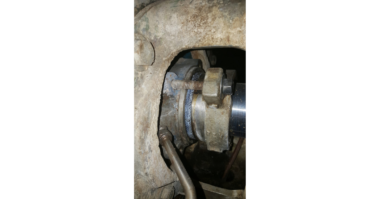Effectively sealing ethanol pumps involves meticulous analysis of the fluid’s characteristics and the precise demands of the pumping process. Ethanol is a volatile and flammable liquid, so selecting the right sealing solution is crucial to prevent leakage and ensure safety. Below is a list of some of the ethanol sealing solutions that SEPCO recommends:
- Mechanical Seals: Mechanical seals are widely used in various industries and can be an effective solution for ethanol pumps. They consist of two sealing faces that come into contact with each other, creating a barrier to prevent fluid leakage. When selecting mechanical seals for ethanol pumps, ensure they are made from compatible materials that can withstand the chemical properties of ethanol.
- High-Performance Materials: Choose mechanical seals constructed from high-performance materials such as carbon, silicon carbide, or tungsten carbide. These materials offer excellent resistance to abrasion and chemical attack, making them suitable for handling ethanol and its vapors.
- Seal Design: Opt for mechanical seals with a design that reduces the risk of leakage and contamination. Consider using dual mechanical seals, which feature two sets of sealing faces in tandem, providing added protection against leaks.
- Seal Face Lubrication: Ethanol pumps may require a lubrication system for the seal faces to ensure efficient sealing and reduce wear. Consider using a compatible barrier fluid or providing an external flush to lubricate the seal faces.
- Dynamic Pumps: These pumps can sometimes be challenging to operate. It is common knowledge that the dynamic pump will leak significantly when powered down. To stop the leakage in the dynamic pump, SEPCO recommends pairing it with a double-seal option.
- Chemical-Resistant Gaskets: Ensure that all gaskets and O-rings used in the pump are made from chemical-resistant materials that can withstand exposure to ethanol. Be sure to use gaskets that meet the FDA requirements.
- Proper Installation and Equipment Operation: Follow the SEPCO guidelines for installing and maintaining the seals. Proper installation is critical for ensuring the seal’s effectiveness and longevity.
- Compliance with Safety Standards: Ensure that the selected sealing solution complies with safety standards and regulations for handling flammable liquids like ethanol.
- Regular Inspections: Perform regular inspections and preventive maintenance to detect any signs of seal wear or damage and replace worn seals promptly to avoid potential leaks.
Working with experts like SEPCO to determine the most suitable sealing solution for your specific ethanol pumping application is essential. Factors such as pump design, operating conditions, and the concentration of ethanol should be considered to ensure reliable and safe pump operation.
Looking for a Sealing Solutions Provider?
SEPCO has sealing solutions for many applications, even those with the strictest standards and the most challenging environments. They have decades of experience in providing solutions across multiple industries. SEPCO can help. Check out their website to browse all of their products.




